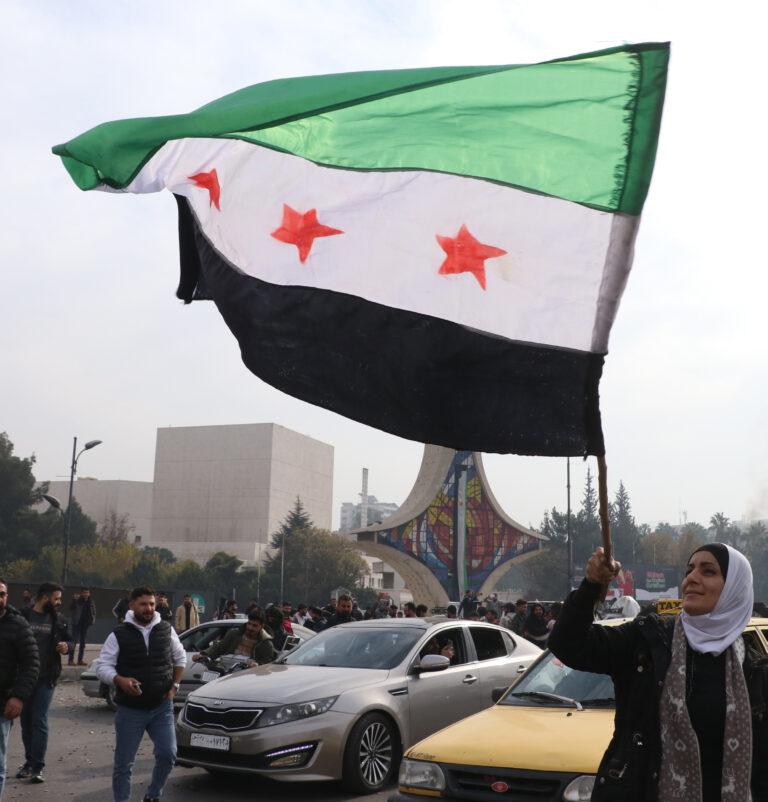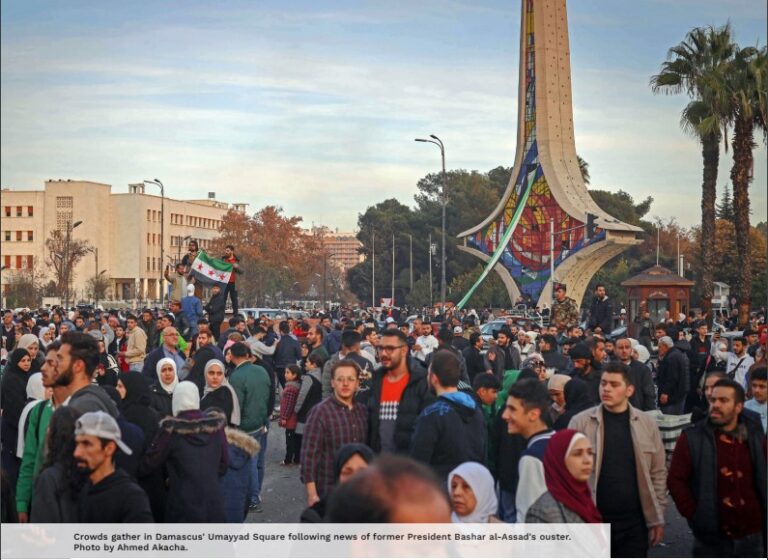Security Archipelago: Security Fragmentation in Dar’a
Governorate
03 December 2019
Throughout 2019, Dar‘a governorate has become one of the most violent regions of Syria. In contrast to other reconciled areas, southern Syria continues to witness regular mass demonstrations, protests, and targeted violence. In large part, this is likely a consequence of the specific ways in which the southern Syria reconciliation differed from that of other reconciled areas. In contrast to other reconciled areas, southern Syria was reconciled under a ‘patchwork’ framework, with parallel reconciliation negotiations led either by Russia or the Government of Syria. As a result, almost immediately following the reconciliation agreement in July 2018, armed opposition combatants were quickly remobilized into a multitude of pro-Government military and security groups that fell into an increasingly open contest for political, economic, and military primacy.
This paper is an attempt to understand the contours of the current security landscape of southern Syria, in particular the ways in which the region’s unique reconciliation framework has set the course for the persistent violence that continues to define it. Primary research was conducted between August and September 2019; upon examination, it is clear that a majority of communities within Dar‘a governorate host myriad security actors that are in open competition with one another, and are distributed seemingly at random throughout the region, with no clear-cut patterns of influence or control. Only a handful of relatively circumscribed regions are controlled by a single pro-Government armed group. Consequently, southern Syria is best seen not as a collection of coherent ‘zones of influence’, but as a ‘security archipelago’, where the presence and influence of armed groups changes from community to community. Dar‘a governorate is by no means the only part of Syria where pro-Government military and security actors are fragmented or in open competition; indeed, many Syria analysts have rightly pointed to southern Syria as a potential ‘model’ by which to examine the state of the country as a whole. It is therefore hoped that this paper will prompt further consideration of security conditions in a post-reconciliation context. However, the findings of this paper should not be taken as static or deterministic. Considering the fluidity of events in Dar‘a, the presence and influence of pro-Government armed groups is subject to change. That said, with no single actor capable of fully securing control of the governorate, and no clear authority capable of unifying these actors, the general status quo is likely to persist for the foreseeable future.
Recent Publications
Weekly analysis and reporting centered around governance, economy, security, regional interventions, and social dynamics related to conflict and post-conflict Syria.

Syria Update 17 February 2020

Function Over Form: Rethinking Civil Society in Government-held Syria

Syria Update 10 February 2020

Syria Update 3 February 2020

Syria Update 27 January 2020
The Wartime and Post-Conflict Syria project (WPCS) is funded by the European Union and implemented through a partnership between the European University Institute (Middle East Directions Programme) and the Center for Operational Analysis and Research (COAR). WPCS will provide operational and strategic analysis to policymakers and programmers concerning prospects, challenges, trends, and policy options with respect to a conflict and post-conflict Syria. WPCS also aims to stimulate new approaches and policy responses to the Syrian conflict through a regular dialogue between researchers, policymakers and donors, and implementers, as well as to build a new network of Syrian researchers that will contribute to research informing international policy and practice related to their country.
The content compiled and presented by COAR is by no means exhaustive and does not reflect COAR’s formal position, political or otherwise, on the aforementioned topics. The information, assessments, and analysis provided by COAR are only to inform humanitarian and development programs and policy. While this publication was produced with the financial support of the European Union, its contents are the sole responsibility of COAR Global LTD, and do not necessarily reflect the views of the European Union.






